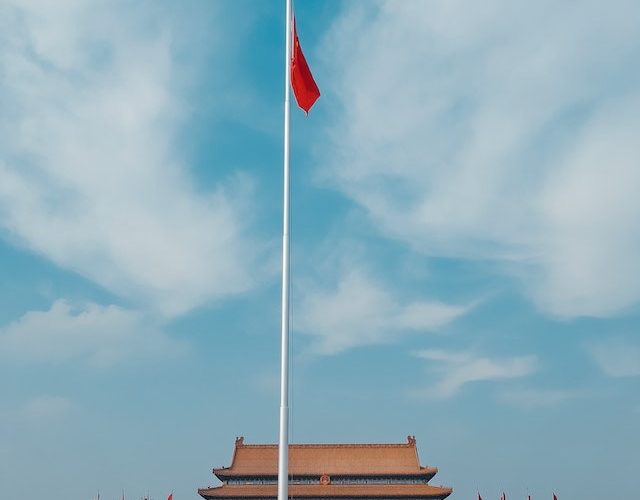India has become the new battleground for China-linked businesses and investors as they seek to regain a foothold in the country following recent geopolitical tensions. With both countries gradually reevaluating their economic ties, Chinese entities are exploring various avenues to rebuild their presence in India, aiming to tap into the vast potential of the world’s fastest-growing major economy.
The complex dynamics between China and India have been fraught with political and territorial disputes, leading to strained relations in recent years. The border clash in 2020 between the two Asian giants escalated tensions and resulted in increased scrutiny of Chinese investments and businesses operating within India.
However, the evolving geopolitical landscape and a mutual understanding of the importance of economic engagement have prompted a renewed interest from China-linked enterprises to reenter the Indian market. The allure of a burgeoning middle class, a skilled workforce, and a vast consumer market presents an attractive opportunity for investors eyeing substantial returns.
One of the primary sectors witnessing the resurgence of Chinese investments is technology. Chinese tech giants, such as Tencent, Alibaba, and ByteDance, which had faced setbacks due to regulatory concerns and bans on their popular apps, are actively exploring partnerships and collaborations with Indian startups. These alliances aim to leverage India’s thriving tech ecosystem, where digital services and e-commerce are experiencing unprecedented growth.
In addition to technology, Chinese investors are also focusing on infrastructure development, renewable energy, and manufacturing sectors. These areas align with India’s goals of modernizing its infrastructure, reducing carbon emissions, and becoming self-reliant in key industries. However, the Indian government remains cautious and is implementing stricter due diligence procedures to ensure that national security concerns are adequately addressed.
While some sections of Indian society and policymakers raise concerns about the implications of Chinese influence on the domestic economy and national security, proponents of increased economic engagement argue that a balanced approach is essential. They emphasize the importance of adopting robust regulatory frameworks and ensuring reciprocity in trade and investment.
As China-linked businesses and investors make efforts to regain their footing in India, it is imperative for journalists to exercise due diligence and uphold the principles of unbiased reporting. Verification of sources, cross-referencing information, and adhering to journalistic ethics are vital in shedding light on this evolving situation.
Journalists must also delve deeper into the implications of this economic reengagement, examining the potential benefits and risks for both nations. Understanding the motivations of Chinese entities and their long-term plans in India will help provide a comprehensive analysis of the changing economic landscape and its geopolitical implications.
In this rapidly evolving scenario, accurate reporting, balanced analysis, and ethical journalism will play a pivotal role in keeping the public informed about the intricate dynamics between China and India and their impact on the economy, society, and national security.
As China-linked businesses and investors seek a comeback in India, the stakes are high, and the responsibility on journalists to provide accurate and insightful reporting is greater than ever.












